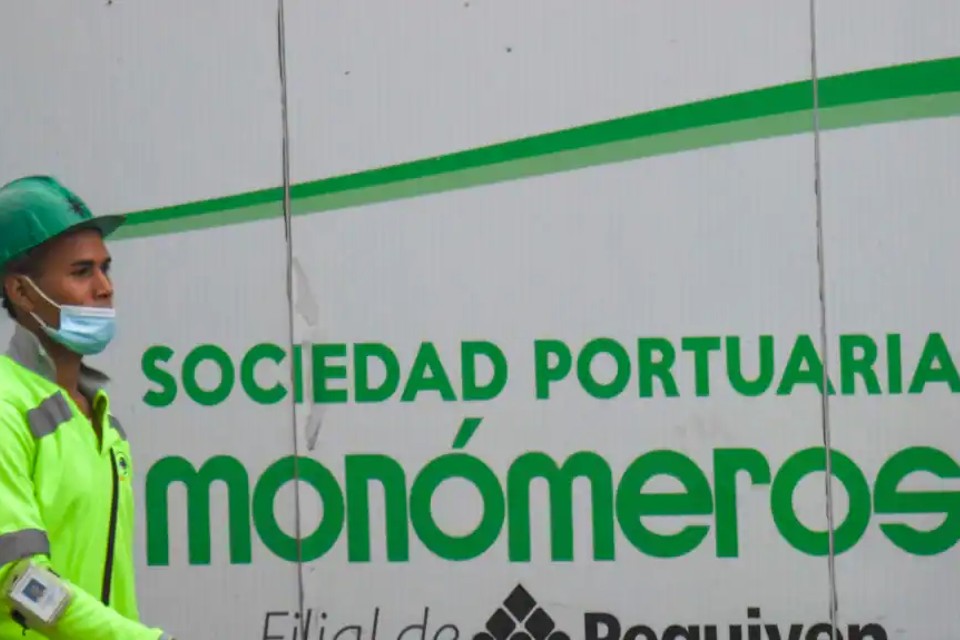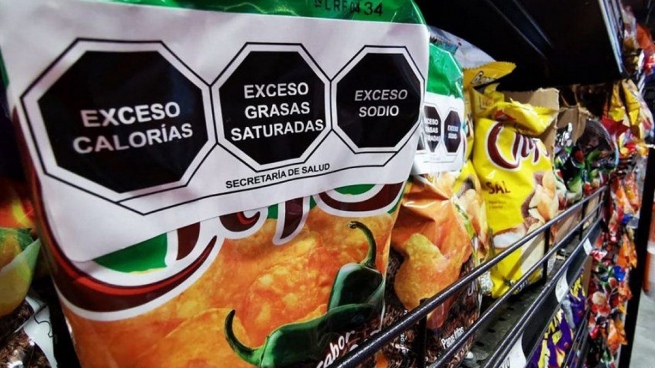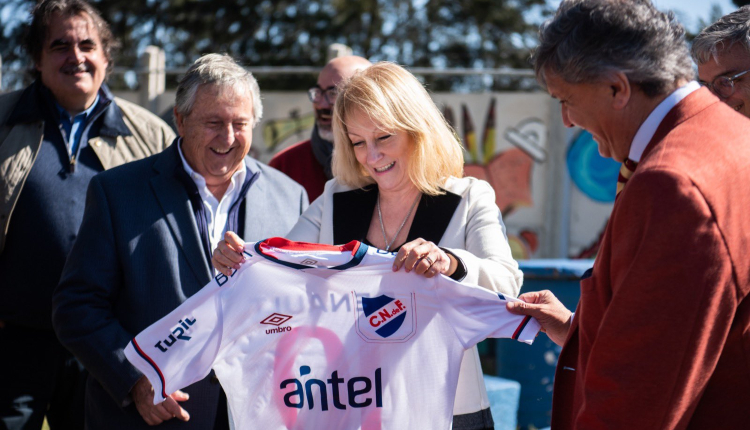The prosecutor did not publish any names or specify whether the arrest warrants include people who were linked to Monómeros after the initial request in February 2020.
The Public Ministry (MP) ratified the 23 arrest warrants and red alert issued on February 28, 2020 against members of the board of directors of the Venezuelan state company in Colombia, Monómeros, appointed by the president of the National Assembly elected in 2015 and leader of the interim government, Juan Guaidó.
The decision was made known through a publication of the twitter account of the attorney general imposed by the former constituent assembly, Tarek William Saab, who stated that he stressed that he accused the “false managers” of usurping functions, laundering money and conspiring to commit crimes against the country.
“The Public Ministry requested 23 arrest warrants and red alert, which were ratified on August 12, 2022 against false members of the board of directors of Monómeros for the crimes of usurpation of functions, money laundering and association to commit crimes,” he indicated. .
2)… for the #Crimes of Usurpation of Functions, Legitimation of Capitals and Association to Delinquent: being in that year 2020 agreed based on the request #fiscal: by the First Terrorism Control Court.
— Tarek William Saab (@TarekWiliamSaab) August 19, 2022
The official stressed that the investigation remains active and that they are trying to identify other alleged participants in the “transnational criminal plot” related to the management of Monómeros assets.
In mid-March 2019, a few weeks after being sworn in as interim president of Venezuela, Guaidó began to renew the boards of directors of Venezuelan companies operating abroad, under the jurisdiction of countries that recognized him as the legitimate president of Venezuela.
This is how he appointed boards ad hoc of the state Petrochemical company of Venezuela (Pequiven) and together with it, its subsidiary Monómeros Colombo Venezolanos. He even did the same with Petróleos de Venezuela (PDVSA) so that the new representatives represented the company internationally despite not having control of national assets and subsidiaries such as Citgo.
In this way, he appointed Jon Bilbao, a former director of the oil sector fired by Chávez the previous decade, as president of the company. He was accompanied on the board of directors by Carmen Elisa Hernández, José Alberto De Antonio, Yadid Jalaff and José Ignacio González, who had the ratification of the AN.
Only four months after this appointment and despite the presumed success that the new administration boasted, the National Assembly modified the board of directors and established a new composition chaired by Carmen Elisa Hernández together with Javier Linares, Ramón Crespo, Guillermo Pérez, Nelson Della Rocca , Luis Hurtado and Jorge Yanez. Bilbao was ratified as a member of the board.
*Also read: Convalescence of Citgo and Monomeros has hallmarks of Chavismo and the interim
Therefore, these are some of the names that would be under the radar of the Public Ministry. The prosecutor did not publish any names or specify whether the arrest warrants include people who were linked to Monómeros after the initial request in February 2020.
Monomers could return to Chavismo
With the change of government in Colombia, the conditions change for the Venezuelan company. During Iván Duque’s administration, there was support for Guaidó’s decisions and the interim government’s takeover of the assets of the Monómeros subsidiary from the outset. However, now with the presence of Gustavo Petro, a definitive break in relations with the opposition leader is denoted.
In this sense, the newly designated ambassador of Colombia in Venezuela, Armando Benedetti, revealed that the Petro government is evaluating the possibility of give the Maduro administration control of these assets again.
“We have worked to find the good success of things, because we have to change the board based on the fact that the national government has already recognized the Venezuelan. He is at the forefront of returning Monomers to whom he truly belongs,” he explained.
In the recent meeting of Venezuelan unions with Colombian businessmen and authorities, called the “Border Agreement”, the Minister of Commerce, Industry and Tourism of Colombia, Darío Germán Umaña, was questioned about the situation of Monómeros. Although he did not go into details, he made it clear that recovering the company was important for Colombia’s food sovereignty.
“The problem will be resolved in accordance with the law and the Constitution. The issue for us is food sovereignty, availability of fertilizers, how we will keep inflation rising », he declared.
The conflict of interest around Monómeros is complex, since there are also sanctions from the Office of Foreign Assets Control (OFAC) of the United States Department of the Treasury, which prevent doing business with Chavismo and specifically with a subsidiary of Pequiven , sanctioned company.
However, these are increasingly flexible and have not confronted the Petro government despite its open intentions to resume diplomatic, consular and commercial relations with Maduro.
Post Views:
1,092








